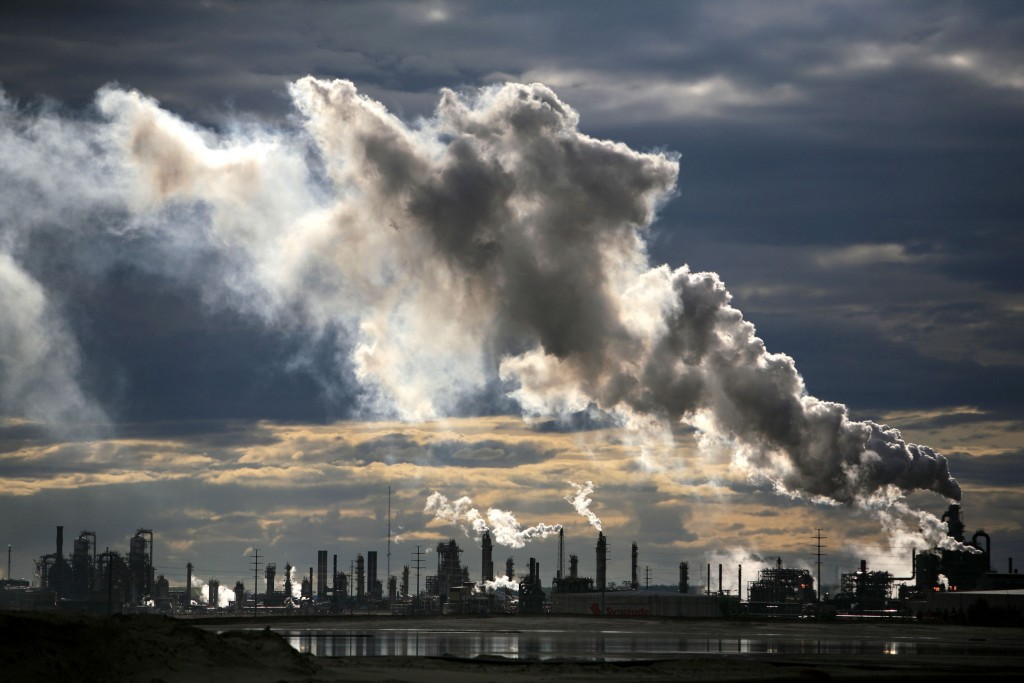Divestment serves to de-legitimise the business models of companies that are using investors’ money to search for yet more coal, oil and gas that can’t safely be burned. It is a small but crucial step in the economic transition away from a global economy run on fossil fuels.
It is one way of reducing the usage of fossil fuels. Divestment is the opposite of an investment – it simply means getting rid of stocks, bonds, or investment funds that are unethical or morally ambiguous.
When you invest your money, you might buy stocks, bonds, or other investments that generate income for you. Universities (and colleges in the US), religious organizations, retirement funds, and other institutions put billions in these same kinds of investments to generate income to help them run. Fossil fuel investments are a risk for both investors and the planet, so we’re calling on institutions to divest from these companies.
This campaign started in 2012 and since then it’s been growing.Since McKibben’s climate movement 350.org launched its fossil fuel divestment campaign in 2012, more than 220 institutions – including universities, faith organisations, local authorities, pension funds and foundations – have committed to divesting from fossil fuels. Syracuse University is the largest so far. It committed in April 2015 to divest its $1.18bn (£800m) endowment and to seek new investments in clean energy technologies. The decision came a year after Stanford University committed to move out of coal investments.
What is Fossil free?
If it is wrong to wreck the climate, then it is wrong to profit from that wreckage. We believe that educational and religious institutions, governments, and other organizations that serve the public good should divest from fossil fuels.
We are an international network of campaigns and campaigners working toward fossil fuel divestment in our communities. While each campaign is independently run and may bring different emphases and asks depending on their local context, the majority of campaigns are asking institutions to:
1) Immediately freeze any new investment in fossil fuel companies;
2) Divest from direct ownership and any commingled funds that include fossil fuel public equities and corporate bonds within 5 years
Source: The Guardian, Fossil Free, 350.org



